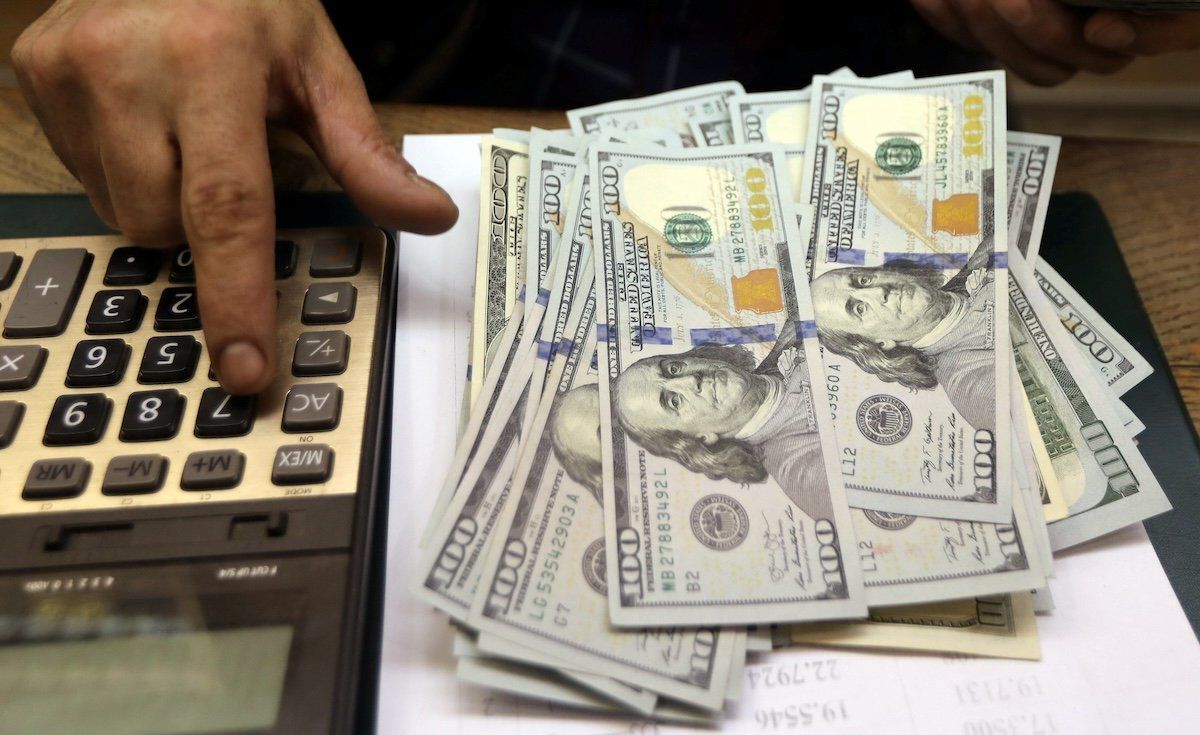While that’s a lot of “ifs,” it’s better news than expected last year when many were predicting a rougher go of things and a decent chance of recession.
Stateside, economists are tilting more and more toward the US avoiding a recession of its own, which is also good news for Canada. Inflation is increasingly under control and the labor market is holding up. Plus the Fed is expected to cut interest rates this year, maybe even three times.
Annualized GDP growth estimates for the first quarter in the US are now up to 2.8% while estimates in Canada for growth are hovering around an unexpectedly robust 3.5%. Canadian inflation was 2.8% in February and 3.2% in the US.
Consumers and businesses are hoping for a cut in Canada, too, perhaps as soon as April 10, when the Bank releases its next rate decision. But if it doesn’t lower rates next week, it’s expected to get around to it before too long, perhaps by summer.
Could this be good news for President Joe Biden and Prime Minister Justin Trudeau? As Evan Solomon explained, reality and perception are often far apart when it comes to such matters, so it depends on whether the politicians can convince voters to give them credit for the turnarounds.